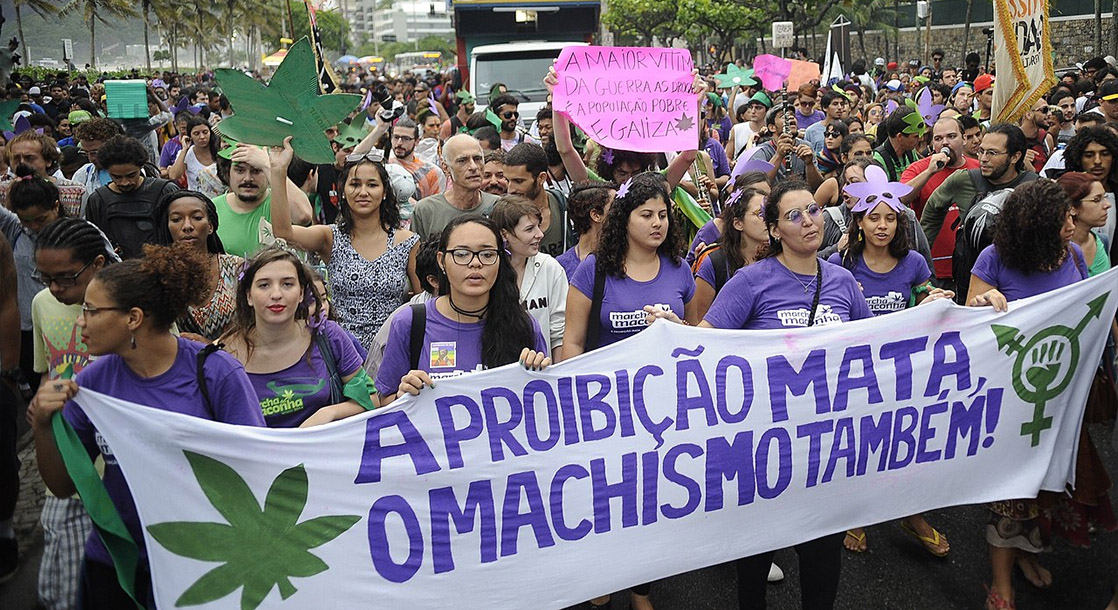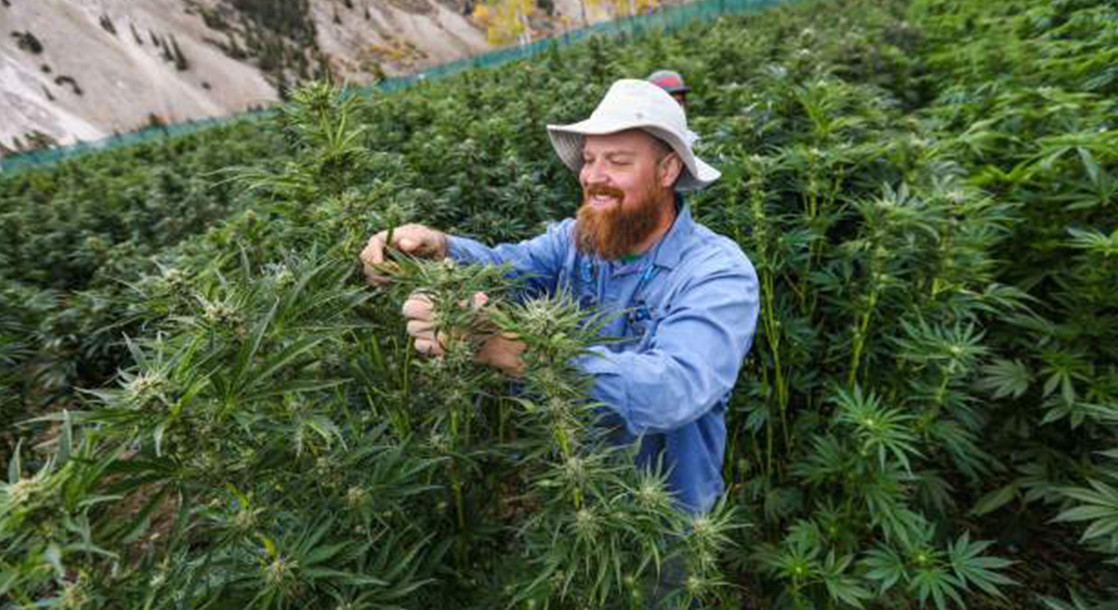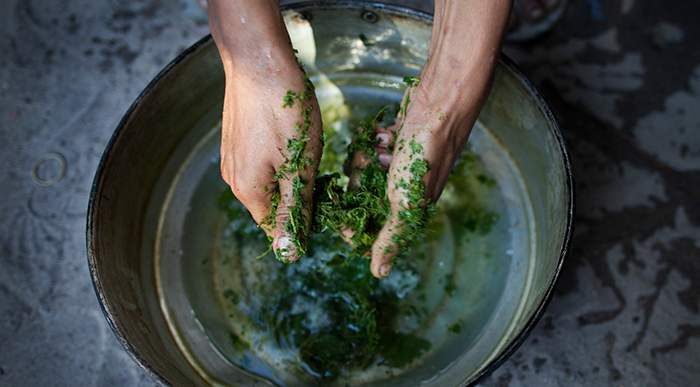Cover image via
Brazil’s Superior Court of Justice has determined in a unanimous decision that three medical marijuana patients have the right to cultivate and make extractions from cannabis in their home.
This is a big move in the context of the fight for affordable access to cannabis medicine for Brazilian patients. It’s also incredibly significant given the leader of the nation’s prohibitionist political convictions. Sitting president Jair Bolsonaro is virulently anti-cannabis, and has overseen a horrifically violent campaign against street-level drug dealers and consumers. The government has tried to justify this heightened, heavily racially-biased police violence by underlining the urgency of fighting Brazil’s rising rates of drug addiction—a phenomenon that has been disproven by scientific studies.
Medicinal cannabis advocacy organizations have also been targeted, as in the 2021 police raid of the home-cultivation-promoting group ABRACannabis.
Bolsonaro has explicitly stated his opposition to home cannabis cultivation, for medicinal purposes or not. He is up for re-election in October, and his primary opponent is the former president and head of the Worker’s Party Luiz Inácio Lula da Silva, known by many simply as “Lula.” The leftist politician recently told CNN that his government would seek feedback from allies and voters on whether to legalize cannabis, should he win the election.
Lula is currently besting Bolsonaro in polls by 12 points, according to one data aggregator.
Judging from comments made by the presiding justices, their five-judge decision to give home cultivation rights to the three patients can be seen as a referendum on Bolsonaro’s prohibitionist policies.
“Let us stop this prejudice, this moralism that delays the development of this issue at the legislative, and many times clouds the minds of Brazilian judges,” Judge Rogério Schietti told the Associated Press. He added that the current government’s stance on cannabis was lacking in scientific integrity.
Judge Antonio Saldanha concurred, saying that, “there is a deliberately backward action toward obscurantism” within the Bolsonaro administration.
Not all Brazilian jurisdictions are waiting for Bolsonaro’s administration to see the light, however. In February, the town of Goiânia declared November 27th as its municipal cannabis day — a step that was preceded by the central Brazilian state capital regulating city-wide distribution of medicinal cannabis products. (It is no coincidence that November 27th is also a national day in Brazil for raising cancer awareness.) On June 11, Sao Paolo’s Marcha Da Maconha (“March of Marijuana”) drew thousands of protestors sick of the country’s prohibitionists policies.
Happily, news of the Superior Court’s endorsement of home cultivation and processing for the three individuals comes on the heels of other steps towards greater cannabis access in Brazil despite the president’s beliefs. In May, the National Health Surveillance Agency expanded the number of cannabis-based pharmaceutical products — though the majority are still outside the financial reach of most Brazilians. The country legalized medicinal marijuana back in 2018.
That legislation’s ban on commercial domestic cultivation has left Brazil dependent on other countries for its medicinal marijuana supply — an issue that can be partially addressed by allowing patients to grow their own meds.
Follow Caitlin on Instagram, and catch her Spanish-language podcast Crónica on Spotify and Mixcloud.











